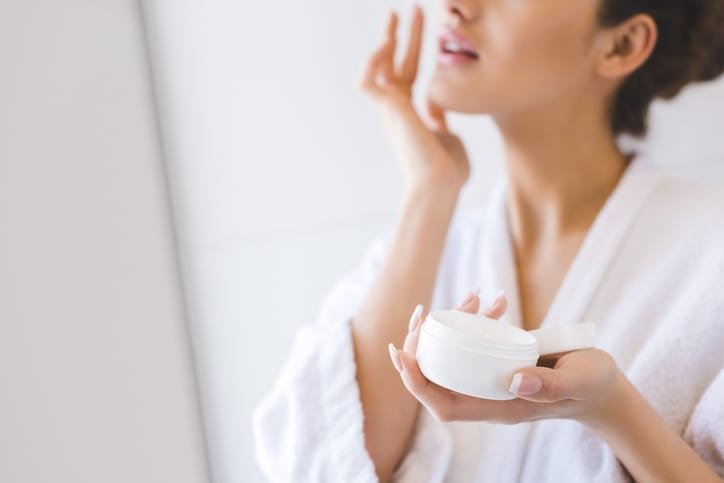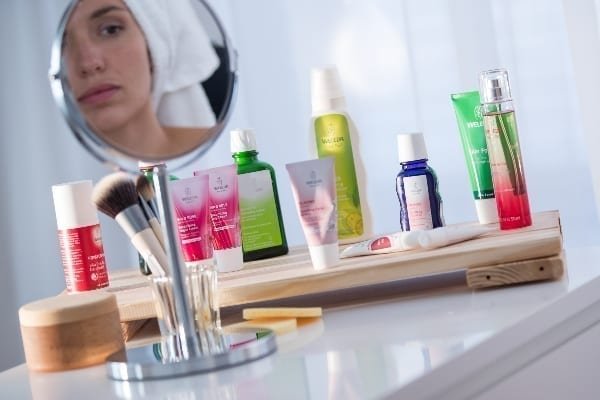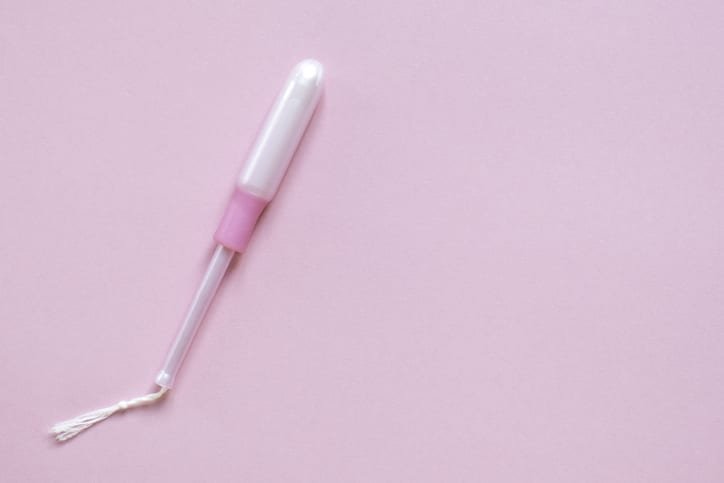Natural or nature-inspired?
Naturalness is a multifactorial concept highly influenced by personal preference. This concept has become more complex in recent years due to market fragmentation and the appearance of multiple logos and seals highlighting USPs.
Some consumers might not be able to differentiate between nature-inspired and authentically natural products, particularly in the French market in comparison with the German one, where knowledge and awareness seems to be higher. French consumers are therefore potentially more vulnerable when it comes to greenwashing.
Consumers still look for products guaranteeing animal welfare and the absence of animal testing, despite the existence of EU regulation banning animal testing of cosmetic products since 2004, and of cosmetic ingredients since 2009.
The presence/avoidance of certain ingredients remains an important factor for consumers when assessing the level of naturalness of a product.
The risk of greenwashing
The study evaluated how consumers perceive brands – whether as conventional beauty brands, as nature-inspired brands or as authentically natural/organic brands.
In Germany, nature-inspired brands are perceived very much on a par with conventional brands, which indicates that German consumers seem to be well aware of greenwashing and are able to differentiate between truly natural/organic cosmetics and less natural brands.
The results for France show nature-inspired brands are perceived very similarly to natural/organic brands. The threat of greenwashing seems to be greater in France than in Germany, as the lines between nature-inspired and truly natural/organic cosmetics are more blurred for consumers.
Certification seals and logos
In the final part of the consumer study, participants were asked a series of questions related to natural and organic claims, and the difficulties understanding the many logos and seals on cosmetic products.
Consumers are increasingly confused about the variety of claims, logos and seals in the cosmetic market. 61% of consumers in Germany and 71% in France see labels alone as insufficient to indicate if a product is really natural.
In both European markets, consumers find it easier to understand seals linked to a single product guarantee (for instance ‘fair trade’ or ‘vegan’) in comparison with multifactorial certification seals involving more complex messaging (such as ‘natural’, ‘biodegradable’ and ‘free from’ guarantees). Over half of consumers relied on certifications for natural beauty products.
Consumers in both countries agree that there is insufficient regulation regarding natural and organic cosmetics, with at least two-thirds of participants in both countries believing that some manufacturers use greenwash to market products.
It seems that most people are willing to pay more for truly natural and organic cosmetics, whether for rinse-off or leave-on products.
Approximately 90% of consumers from both markets would be happy to pay more for a certified cosmetic. Even if there is not absolute clarity about most certification logos, these seem to reassure consumers and reinforce their purchases.
The take-home message is that consumers recognise that greenwashing is happening, and feel there is not enough regulation in place to prevent it.
On-pack certification seals can help consumers steer through the greenwash and have more confidence at point of sale that they are buying a genuinely natural or organic beauty product that meet their expectations and demands.
 Play Video about This Rock Might Just Save The World
Play Video about This Rock Might Just Save The World Play Video about Play 2 hours of rock
Play Video about Play 2 hours of rock Play Video about Play 2 hours of brook
Play Video about Play 2 hours of brook Play Video about Play 2 hours of sheep
Play Video about Play 2 hours of sheep













































